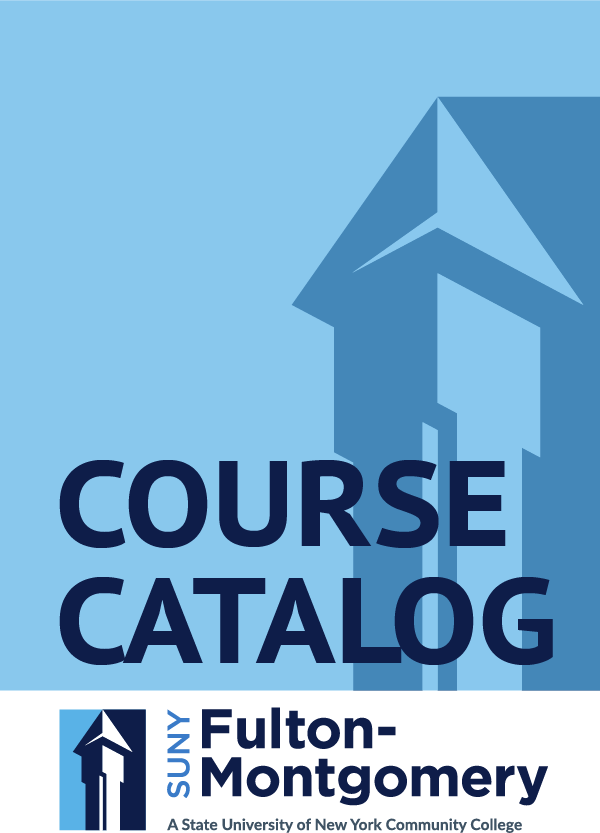Why study Criminal Justice AS at FMCC
This program is designed to prepare students to transfer to four-year institutions to complete a Bachelor’s degree in Criminal Justice, or related fields. It provides a broad foundation for careers in any part of the criminal justice system and is appropriate for students who have not yet made a specific career choice.
Request info for this program
Career Pathways
Our region boasts a wide variety of career opportunities in the criminal justice field. The positions presented are the most common career pathways FMCC graduates have taken and are just a sample of the many career possibilities. A bachelorette or higher degree may increase chances of employment and career advancement.
The labor market and employer information are specifically presented for the Amsterdam, Gloversville, Capital District, and the Mohawk Valley regions. Salary information is based on estimates within the Capital District.
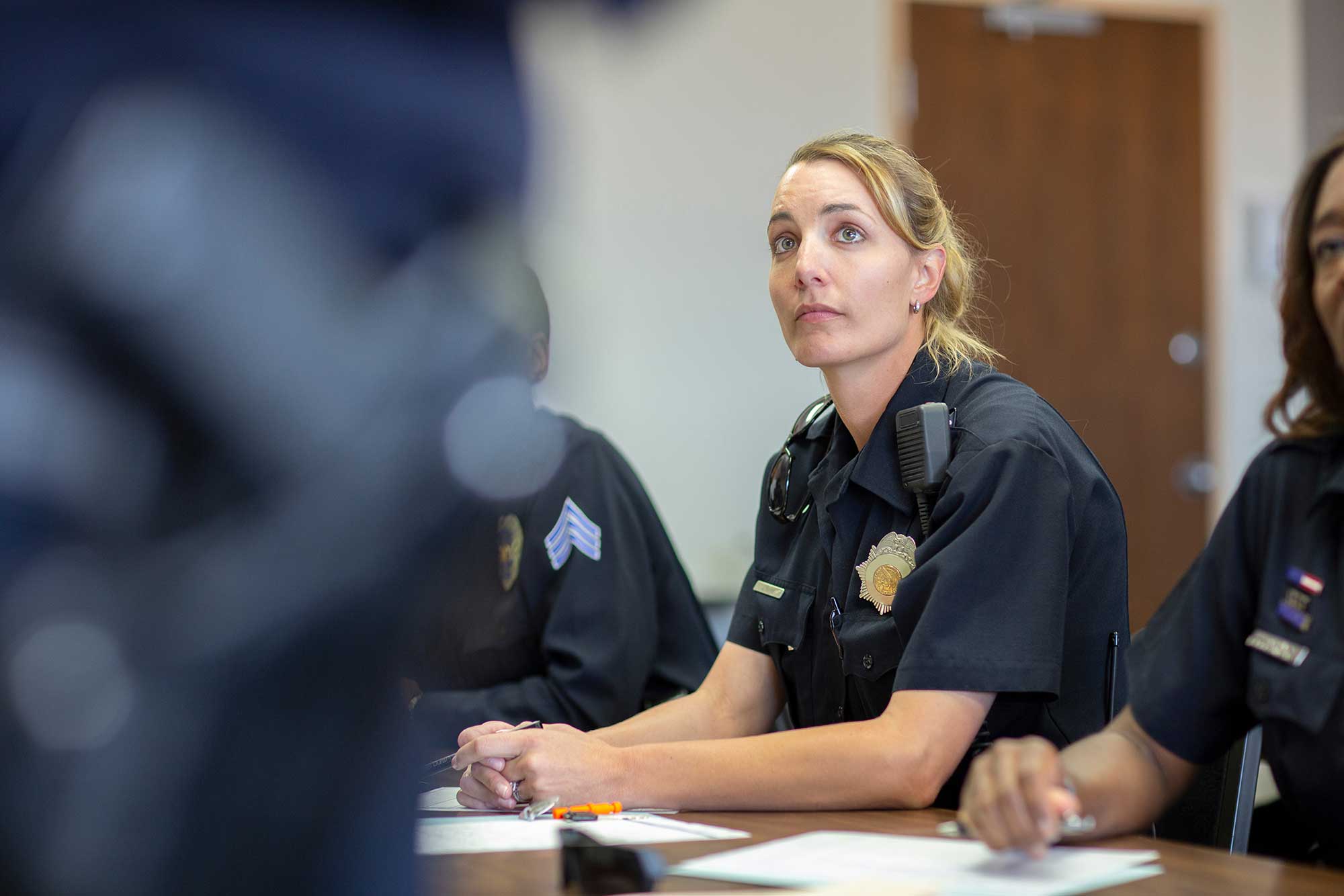
MEDIAN SALARY
$66,019*
SALARY RANGE $47,727, $100,337
Maintain order and protect life and property by enforcing local, tribal, state, or federal laws and ordinances. Perform a combination of the following duties: patrol a specific area; direct traffic; issue traffic summonses; investigate accidents; apprehend and arrest suspects, or serve legal processes of courts. (bls.gov)
Over 2,500 expected jobs in the region in the next 10 years.

MEDIAN SALARY
$76,419*
SALARY RANGE $60,258, $96,949
Provide social services to assist in rehabilitation of law offenders in custody or on probation or parole. Make recommendations for actions involving formulation of rehabilitation plan and treatment of offender, including conditional release and education and employment stipulations. (bls.gov)
Over 500 expected jobs in the region in the next 10 years.
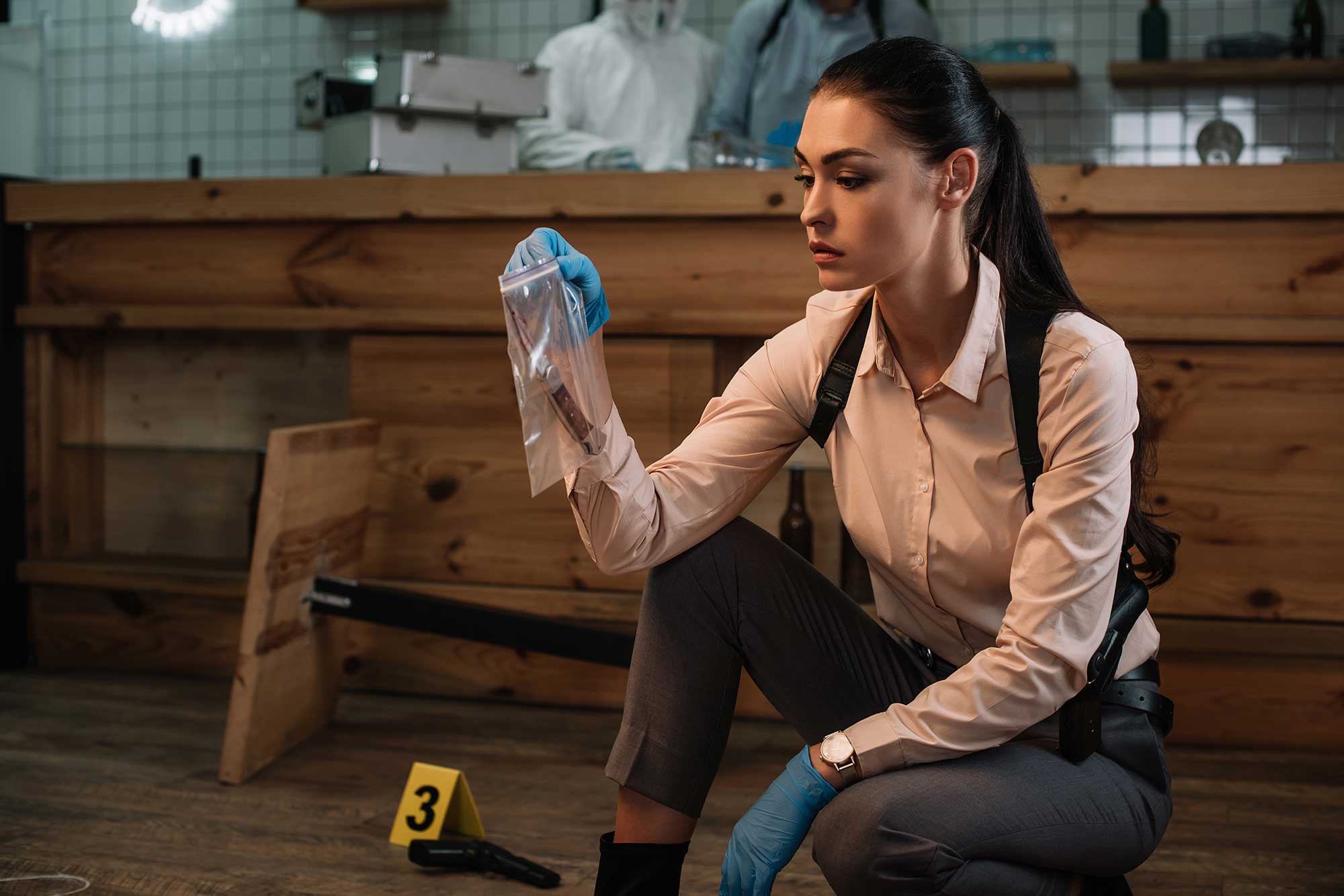
MEDIAN SALARY
$99,632*
SALARY RANGE $61,194 - $126,963
Conduct investigations related to suspected violations of federal, state, or local laws to prevent or solve crimes. (bls.gov) Starting as a patrol officer is usually required before advancement to a Detective or Criminal Investigator position.
Over 1,000 expected jobs in the region in the next 10 years.

MEDIAN SALARY
$80,193*
SALARY RANGE $37,197 - $118,579
Analyze financial data to detect irregularities in areas such as billing trends, financial relationships, and regulatory compliance procedures. Gather evidence, produce reports, and testify in court about suspected cases of improper financial activity. (bls.gov)
Over 300 expected jobs in the region in the next 10 years.
Salary information presented are estimates and can be different for each individual based on education, experience, and the specific employer.
Labor market data is based on 2021 estimates derived from Lightcast (Career Coach | Lightcast)
Some of Our Regional Employers
Our commitment to your career path goes beyond the classroom with continued expansion of hands-on internships, job shadowing, and job placement opportunities with over 50 regional business and organization exclusive partners, a career network of over 200 regional companies and organizations; plus Annual Job Fairs every Spring semester.
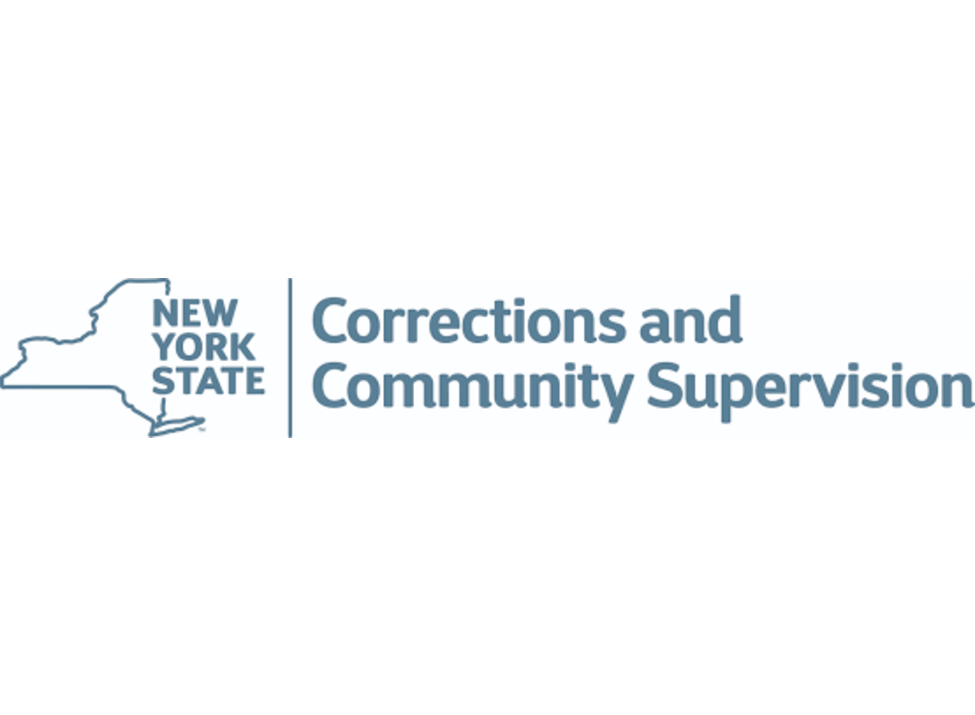



Transfer Opportunities
Being part of the largest system of public higher education in the United States, the State University of New York, SUNY FMCC has established a multitude of transfer pathways for our students at both SUNY and Private schools. Below are some of our major transfer colleges and universities.
62 Credits
#1 CRIMINAL JUSTICE PROGRAM
4,000+ JOBS
Program Insight
Graduates of the Criminal Justice program have gone on to impressive careers within the criminal justice system at the local, state, and federal levels, after transferring to 4-year colleges and universities. The education at SUNY FMCC provides a strong foundation in preparing you for future career success.
Learning Outcomes
Students will be able to:
-
Explain the etiology and measurement of crime.
-
Analyze the policy issues in criminal justice.
-
Explain the purpose and role of various agencies in the areas of government, policing, adjudications, and corrections.
-
Explain the context of agencies within the criminal justice system.
-
Identify and explain the problems and issues in applied fieldwork.
Program Features
Experienced Faculty
Learn from dedicated professors who have years of experience working in various areas of the criminal justice system.
Law Enforcement Guest Lecturers
Learn directly from law enforcement professionals from federal, state, county and local agencies.
Criminal Justice Club
This club allows students to hear from speakers and participate in field trips to learn about the diversity of the criminal justice field and more!
Transfer Planning Support
Students have support from the Student Development Center to guide you through your program including transfer planning with 4-year colleges and universities.
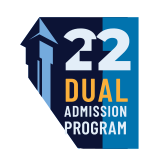
Dual Admissions Opportunities
Take advantage of the dual admissions opportunities and be accepted into bachelorette criminal justice programs at either Excelsior University, SUNY Oswego or Niagara University while attending the Criminal Justice program at SUNY FMCC.
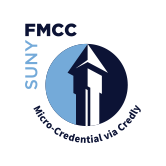
Microcredentials
This program may allow students to earn digital badges which verifies the achievement of in-demand skills and competencies. SUNY FMCC continues to expand opportunities for students to become more marketable to employers.
Course Highlights
Course Catalog
SUNY FMCC offers its catalog online in a downloadable PDF document that makes information on programs, courses and policies most current and accessible, while reducing impact on the environment. Additional information is available on the College’s website and portal. To read and search the FMCC Catalog, you’ll need Adobe Reader version 7.0 or later.
2025-2026 FMCC CATALOGProgram Course Layout
Students will take foundational criminal justice and general education classes to prepare them for transfer to four-year colleges and universities. Here are some of the courses you will take.
A survey of the nature and scope of prevalent forms of criminology. The course considers the major theories of criminal conduct drawn from psychological, social, and cultural modes of explanation. It includes a discussion of various classifications and topologies, the role of crime statistics, and the relevance of these factors for understanding, prevention, control, and prediction.
A survey of the history and philosophy of criminal law, the scope, purpose, definition and classification of modern criminal law, offenses against the person, property offenses, and a discussion of the relationship between the Constitutional rights of the individual and the protection of society.
This course is an inquiry into the relationship between morality and the rule of law. A wide range of moral dilemmas, within the fields of applied social sciences and criminal justice, will be examined. This track will familiarize the student with the history and philosophy of the Criminal Justice System as well as the culture and behaviors within its major components: police, court, corrections, and human services personnel.





